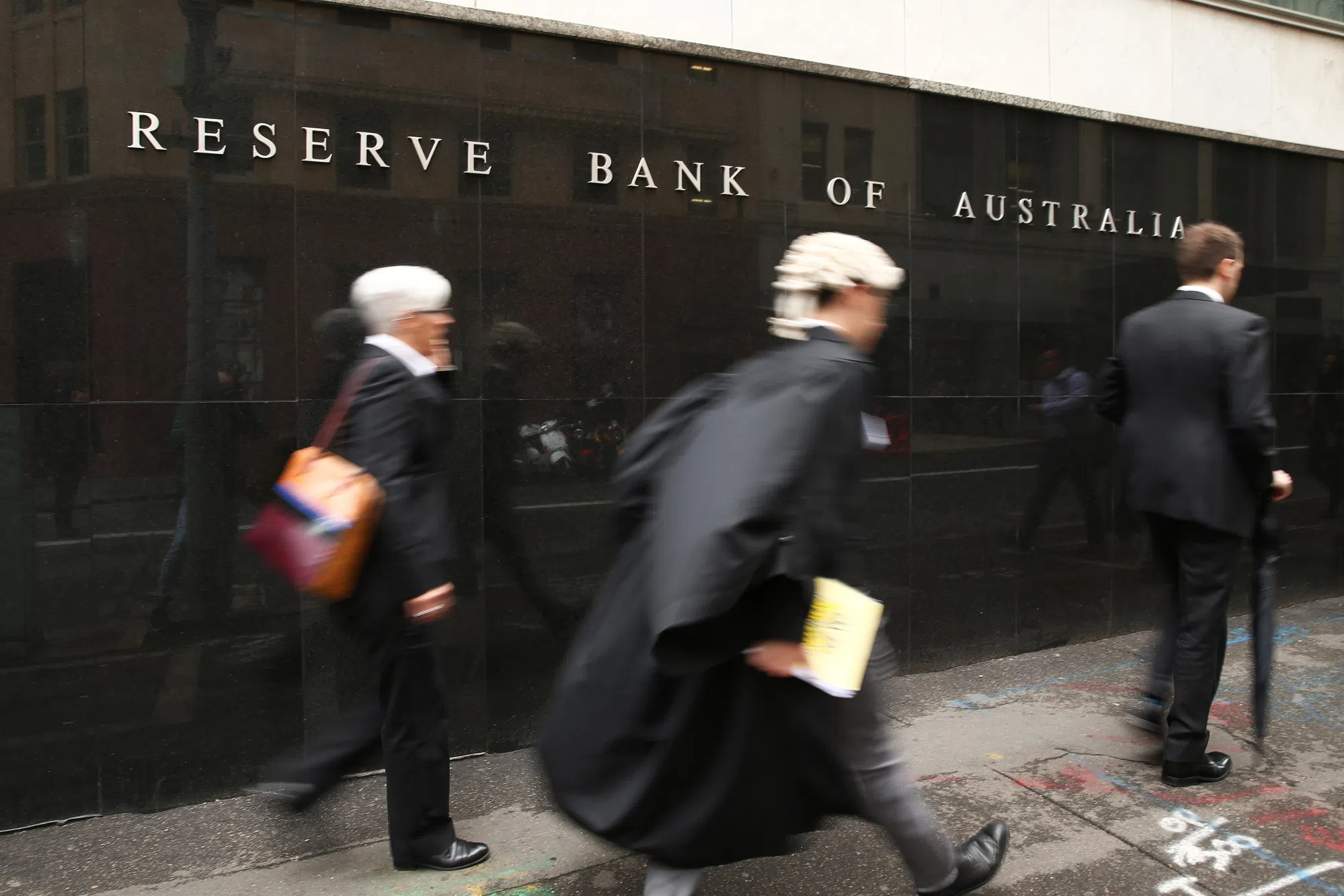AUSTRALIA’S central bank discussed scenarios in which the cash rate may need to be raised or cut in the future at the September policy meeting, having left interest rates steady at 4.35 per cent for almost a year.
Minutes of its Sep 23 to 24 board meeting released on Tuesday (Oct 8) showed the Reserve Bank of Australia (RBA) did not consider a rate rise due to weak economic growth and the risk that household spending may not be picking up as expected.
Still, underlying inflation remained high at 3.9 per cent in the second quarter and the central bank reiterated that the futures changes in the cash rate cannot be ruled out to ensure inflation was moving sustainable back to the 2 to 3 per cent target band.
“Future financial conditions might need to be either tighter or looser than at present to achieve the board’s objectives,” the RBA said.
A weaker-than-expected economy from households saving most of their gains from government tax cuts, a weaker labour market or less stubborn inflation would add to the case for rate cuts.
On the contrary, a material pick-up in consumption growth, a constrained outlook for aggregate supply or weak productivity growth would all be arguments for further hikes, the minutes said.
BT in your inbox
Start and end each day with the latest news stories and analyses delivered straight to your inbox.
The RBA has kept rates steady since November, judging that the cash rate of 4.35 per cent – up from a record-low 0.1 per cent during the pandemic – is restrictive enough to bring inflation to its target band of 2 to 3 per cent while preserving employment gains.
It has already lagged other major central banks in cutting interest rates. The US Federal Reserve kicked off its easing cycle with an outsized half-point move, while the European Central Bank is seen lowering rates both in October and December.
Swaps imply less than a 50 per cent probability that the RBA will cut in December.
“While it was important to take account of economic developments abroad, it was not necessary for the cash rate to evolve in line with policy rates in other economies,” noted the board members.
Headline inflation slowed to 2.7 per cent in August, back in the target band of 2 to 3 per cent mainly due to government rebates on electricity, although the RBA has warned the monthly measure is volatile and it would look through the temporary impact.
The central bank also warned of the impact from the cap on international students on services exports and added it still expects household consumption to pick up as forecast even though early bank data showed spending has been soft.
Board members also discussed the review of the Term Funding Facility (TFF), which showed the TFF tool has met its policy goals and should remain one of the policy options to be considered if circumstances warrant the use of unconventional monetary policy. REUTERS



